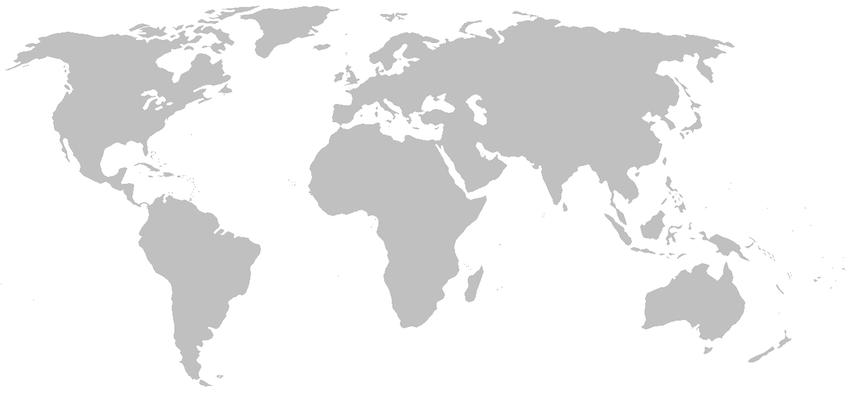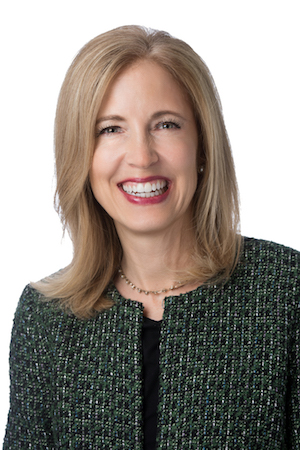



“We want to harvest all the talent and the distinct assets we have across the university, so we no longer work in a distributed way but with a more cohesive, interdisciplinary approach to make a deeper impact with our global initiatives. No one discipline can solve global health problems. YIGH will provide a catalyzing center for these collaborations.”
YIGH will not be just a central clearinghouse of global health opportunities and education activities, Yale wants the institute to help better integrate and enhance global health curricula across the health science schools. The institute will recruit experts from the Yale Schools of Forestry and Environmental Studies, Law, and Management, among others, to operationalize the necessary interdisciplinary agenda.
Yale already leads global health initiatives including the Primary Health Care Transformation Initiative funded by the Gates Foundation in Ethiopia; the Eastern Caribbean Health Outcomes and Research Network; Global Health Justice Partnership; the Yale Network for Global Non-Communicable Diseases; and the recent expansion of a program to strengthen medical education and health management in Liberia. “These programs are led by talented faculty, but we have learned that health initiatives are not as well connected across the university as they could be,” explained Sten Vermund, dean of the School of Public Health. “Yale has examples of amazing work being done in multiple schools from which the experience, expertise, and findings can be harnessed and further developed within larger-scale, higher-impact, sustainable global partnerships.”
YIGH will operate a mentorship program to consult faculty who are developing new grant opportunities or exploring collaborations with other faculty based on geographic or specific area interests. YIGH will also award seed grants for faculty who are exploring new research opportunities. “In the current climate where funding is tight, collaboration is critical,” said Kurth. “Yale has the history and alumni around the world to help us attain larger goals and we need to harness these resources.”
In a September announcement proposing the new institute, Yale reported that in addition to financial support from grants, contracts and donations, the roughly $2.5 million in initial funding for YIGH would come from the three health science schools: $1 million from the medical school, $900,000 from the School of Public Health and $600,000 from the Nursing School. That amount will help run the school for a three-year period, after which an assessment will review the progress of the institute and its funding requirements.
Officials are currently searching for a director for YIGH.


